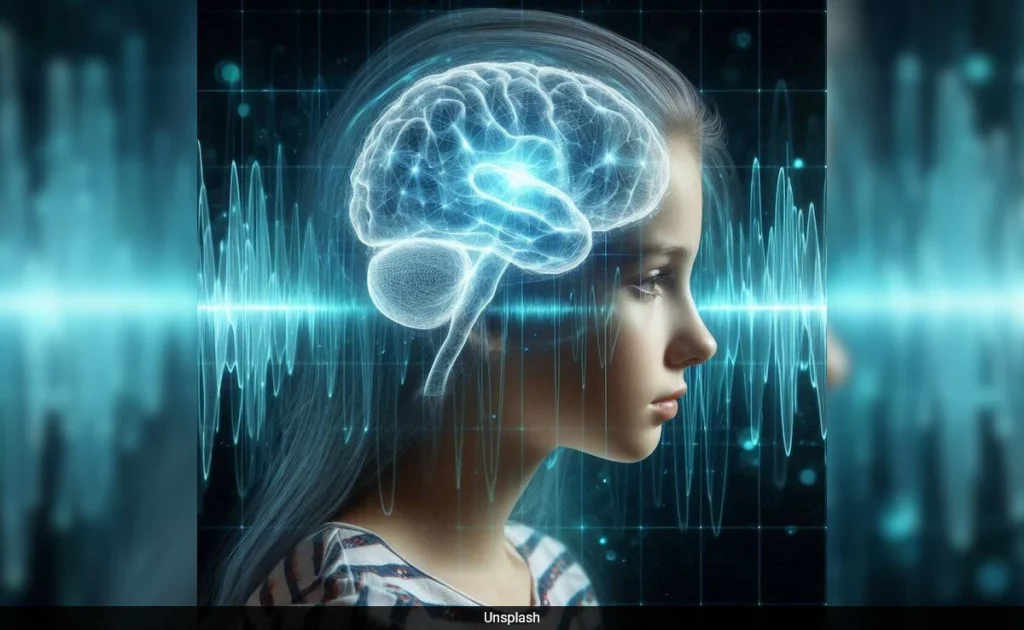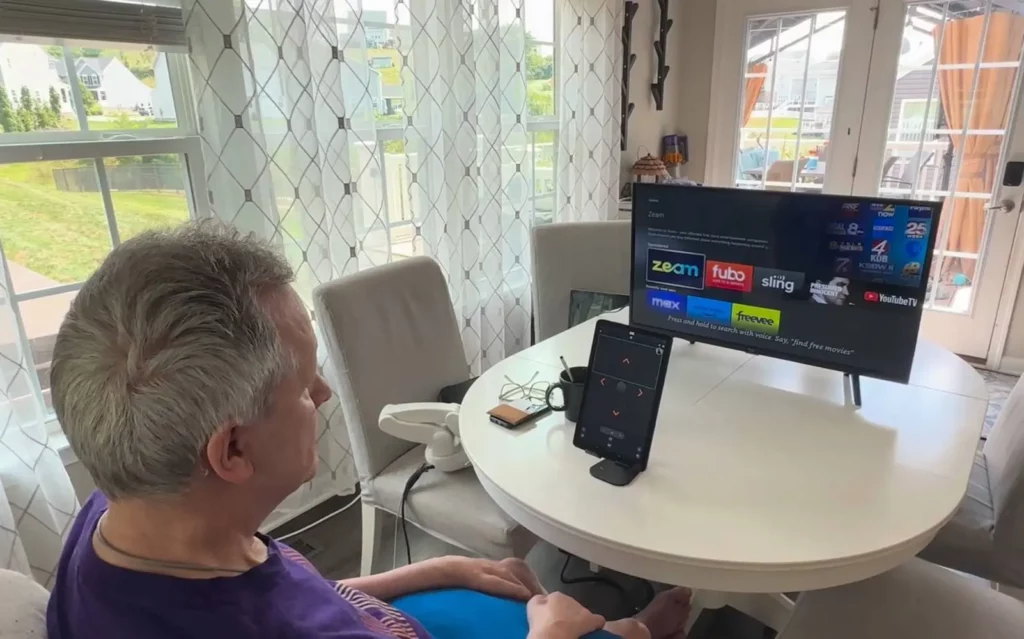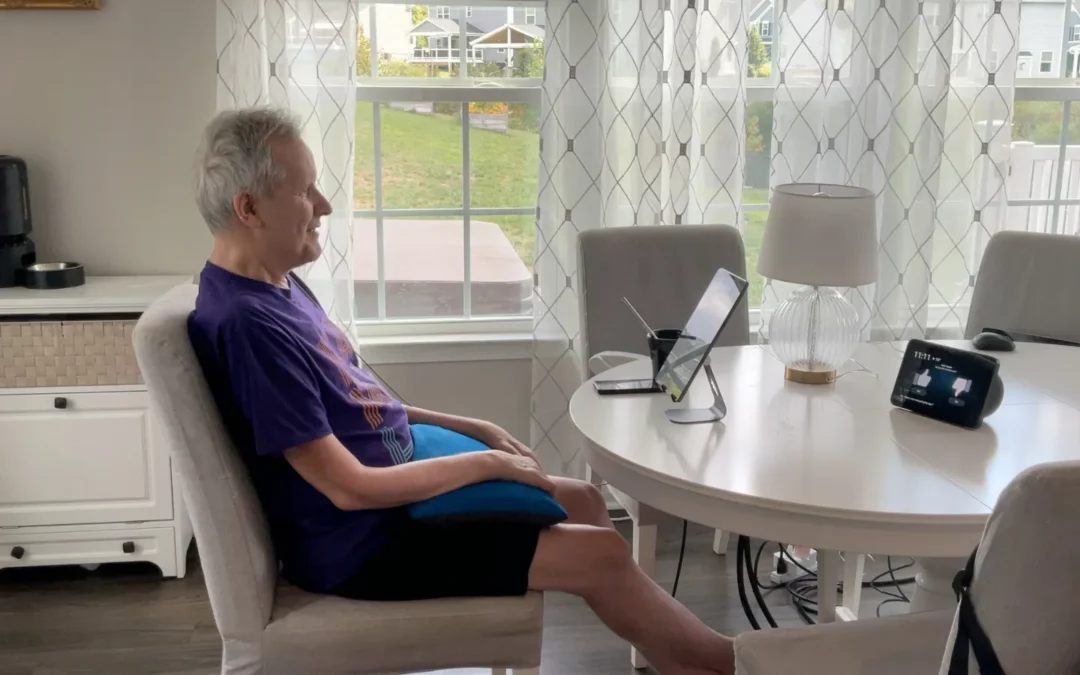An ALS patient in the United States has broken a global record by becoming the first person to control Amazon’s Alexa using a chip placed in his brain.
Synchron, a brain-computer interface (BCI) startup, presented the mind-blowing news, describing how one of its patients, Mark, was able to control his surroundings and environment with his thoughts.
The 64-year-old has been diagnosed with amyotrophic lateral sclerosis (ALS), a motor neuron disease that causes progressive muscle weakening and paralysis.
Mark used the Tap to Alexa feature on his Amazon Fire tablet to control his smart home with his direct thoughts.
READ MORE: Human With Neuralink Brain Chip Finds Progress After Initial Malfunction, According To The Company
Other hand and voice-free Alexa actions that the ALS patient may execute include turning on and off lights, making video chats, playing music, and viewing shows, which are common uses for the software.

According to Business Wire, Mark discussed his AI experience, saying: “The connection with smart technology and my BCI is something I’m quite thrilled about.
“It’s hard to imagine living in our modern world without the ability to access or control connected devices like Amazon’s Alexa and Echo products that are so prevalent in my daily life.”
Mark continued, “To be able to manage important aspects of my environment and control access to entertainment gives me back the independence that I’m losing.”
READ MORE: Elon Musk Claims Neuralink Implanted A Wireless Brain Chip
Mark is experimenting with Alexa and Synchron to assist relieve the pressures that persons with paralysis face when performing daily tasks.
Synchron’s CEO and Founder, Tom Oxley, stated, “Synchron’s BCI is bridging the gap between neurotechnology and consumer tech, allowing people with paralysis to regain control of their environment.”

“While many smart home systems rely on voice or touch, we are sending control signals directly from the brain, bypassing the need for these inputs.”
However, while Mark is the first to use Alexa via an implantable brain-computer interface in his environment, he is not the first to have a technology implant to aid in paralytic performance.
Earlier this year, in March, Noland Arbaugh, who is paralyzed from the neck down, received an implant from Neuro Link, Elon Musk’s neurotechnology business.
The implant is intended to help paraplegic patients use digital devices through their thoughts.
Arbaugh, 30, was able to play Mario Kart against his father with the device.
What is evident from all of this is that we are in the midst of an artificial intelligence revolution, and it is being utilized to help individuals with disabilities obtain more freedom, which can only be beneficial.
Radiant TV, offering to elevate your entertainment game! Movies, TV series, exclusive interviews, music, and more—download now on various devices, including iPhones, Androids, smart TVs, Apple TV, Fire Stick, and more.


